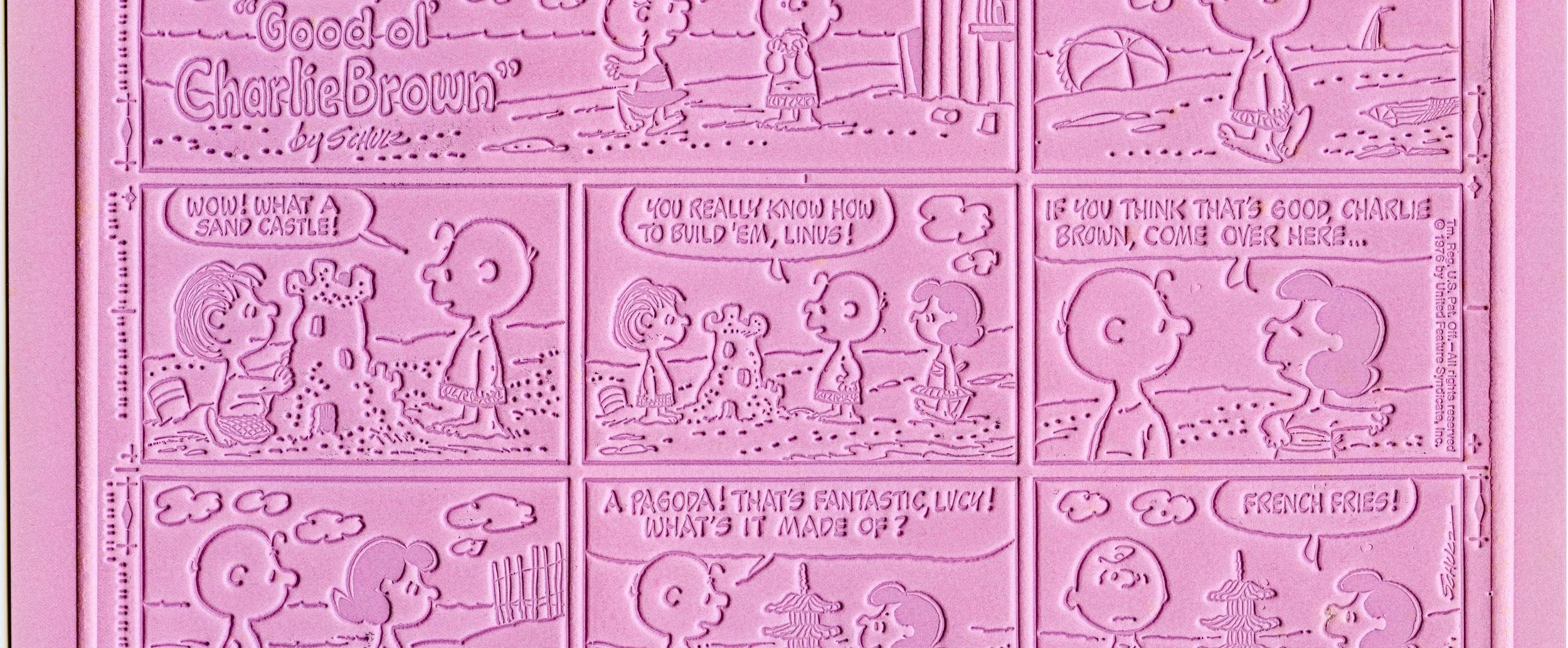Google gave back a piece of the Internet's heart to the public this morning, a piece that I thought was lost forever. Ephemeral writing: Usenet posts dating back to 1981. Previously, Google had the chunk from 1995 to present which they bought from Deja.com in early 2001. That was 500M items; another 200M were added from folks' attics, CD-ROMs, and other sources. Sergey Brin, Google's co-founder, told me that some publisher had produced a set of CDs years ago with a retrospective archive of newsgroup posts, but no one seemed to have the full set. (I wrote a short item about it for Wednesday's New York Times.)
In 1981, I was in short pants, using my Ohio Scientific Inc. (OSI) C1P 6502-based computer with 8K RAM/8K ROM/Kansas City format tape deck interface to program in machine code. Meanwhile, my elders were assembling the Internet. I looked up Jon Postel's name coupled with 1981. Jon was one of the founders of the Net, and the guy I like to think of as holding the Internet together with his bare hands. When he died, I worried the Net might fade away like an expanding universe, as the strong atomic force broke down. It didn't, which is testament to his colleagues, friends, and the professionals who run things on occasion.
I found this post from him in an early TCP/IP digest (email turned into a newsgroup post, I think): It is really very important for everyone to notice the deadline for completing the cutover to IP/TCP and the elimination of NCP from use in the ARPANET. The deadline is: 1 January 1983. That is 14 and a half months from now. Really not much more than a year. Boy, does that speak volumes. The amount of time allowed for the transition. The non-standard name. Arpanet. It's like peeking into the formation of the universe through the Hubble. I get shivers.
This reminds me strongly of sci-fi writer Damon Knight's story about a guy who develops a method of viewing the past by accident. When the full impact of his ability to see anyone's actions anywhere ever settles in, he goes slightly mad. Later historians viewing him see him stand in the bathroom looking at the mirror, raising one finger up, then down, then up.
